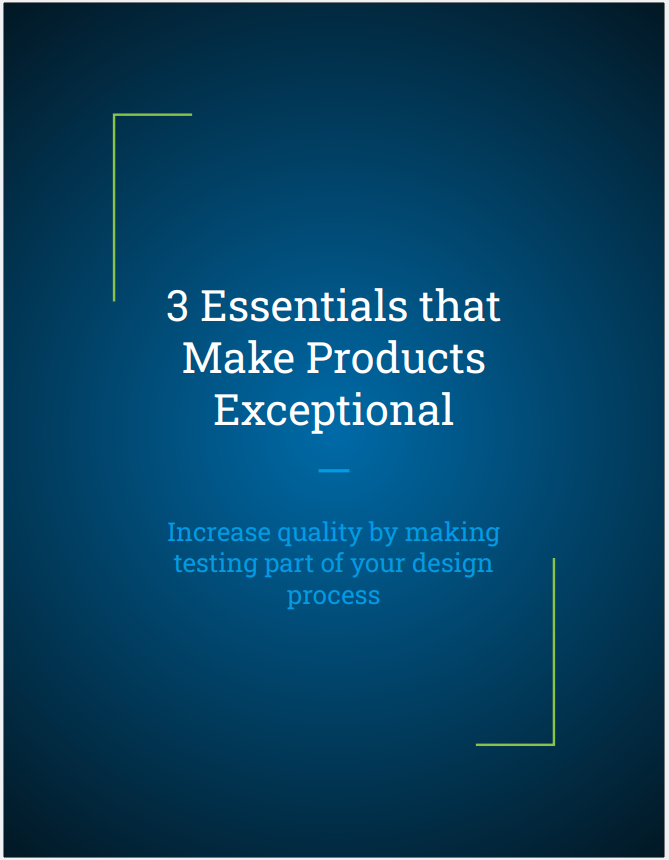What is Automated Test Equipment (ATE)?
Automated Test Equipment, or ATE, is a system of electronic equipment, including hardware and software, used to test the functionality and performance of electronic devices, products, and components. It is typically used in the design, development and manufacturing of complex highly-regulated products, devices, and electronic equipment.







